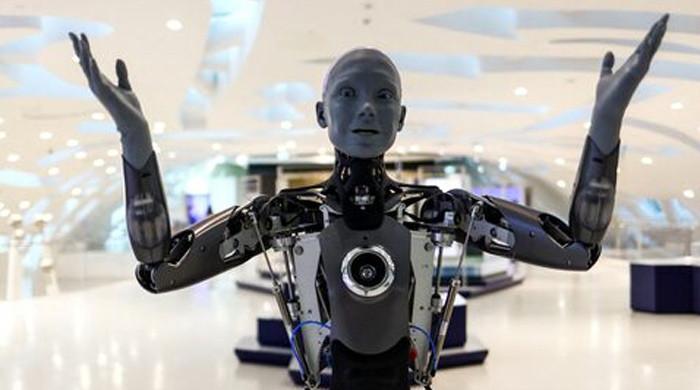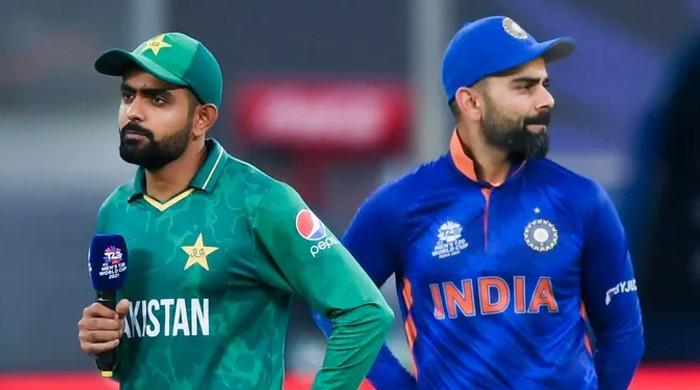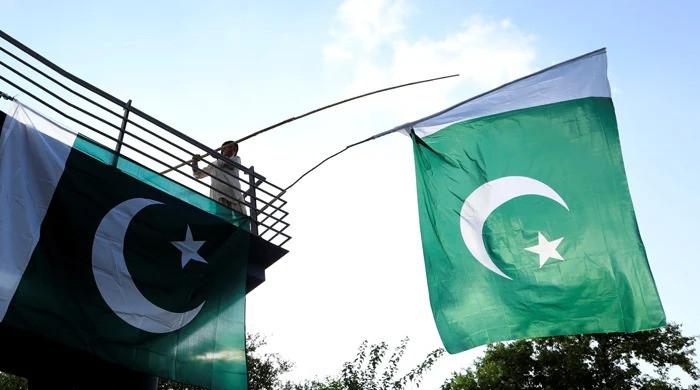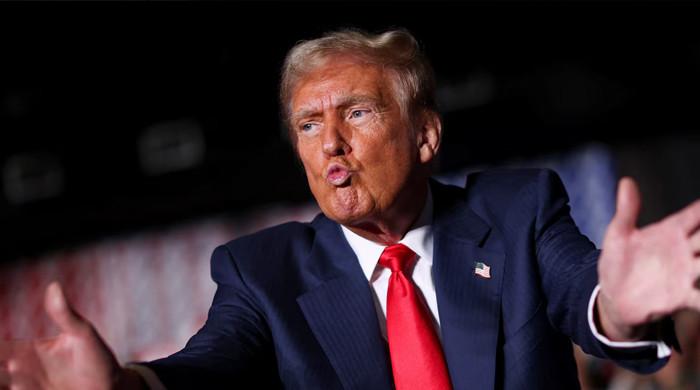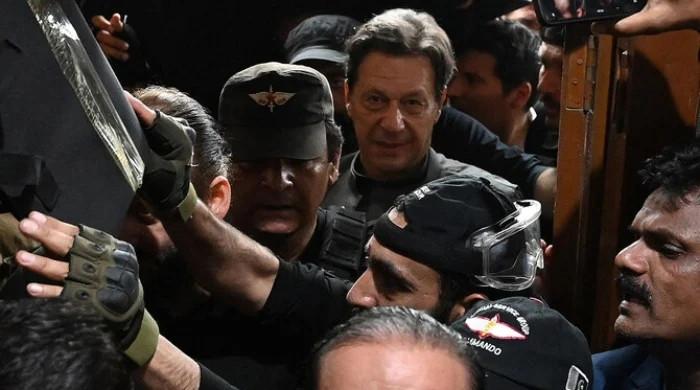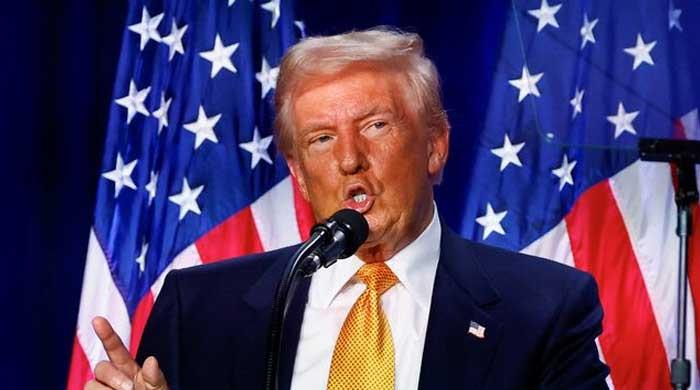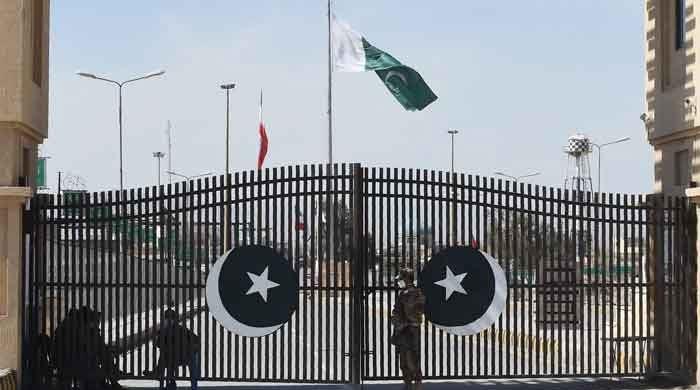Assumptions about the presidential system in Pakistan
The presidential ‘system’ debate is not a serious debate. It is a ruse to keep Pakistan operating as a sub optimal version of itself
February 01, 2022
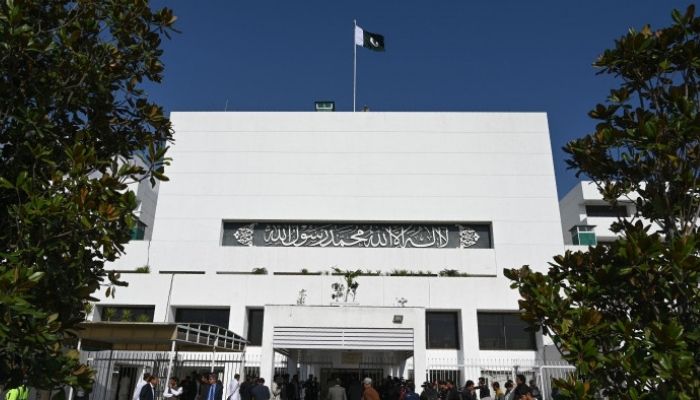
Like death and taxes, the topic of a presidential system is a certainty in Pakistani discourse. It is hard to disguise one’s contempt for the debate, its backers and those that advocate for revisiting the wider ‘system’ of governance in Pakistan. But it should not be so. People that are for a revisiting of Pakistan’s ‘system’ of governance have just as much a right to have their views as people that claim to know better.
The contempt is often not about the debate on whether Pakistan needs far-reaching reforms in governance. Of course, it does. The contempt is that a lot of people assume that everyone is operating from the same baseline of facts and experience. The first reaction of anyone that has studied the law, or history, or politics, or examined any of the basic facts of Pakistani governance at all, is shock and awe: how can anyone continue to argue for the notion of a presidential ‘system’ when the evidence is so overwhelmingly clear on its failure to cater to and serve the genius of the Pakistani people?
One of the most vexing challenges in the so-called debate about a presidential ‘system’ is the set of assumptions that are part and parcel of the debate. Let’s try to break down some of these assumptions, with no prejudice or contempt for anyone on any side of the debate.
First, the most widely used terminology to frame the debate tends to be: presidential versus parliamentary systems. But this framing assumes that these are two alternatives, when they are in fact not. This is a red card, right from the get-go. A presidential system does not mean that a country would cease to have a parliament, and it does not mean that a president would have unlimited power. In almost all presidential systems, parliament is a key pillar of the state, and the ‘president’ has powers that are limited by, and subject to parliament’s wisdom. Budgets, laws, and even appropriations are subject to parliament. So if you want a presidential system in which there is no parliament, or a parliament that is largely a rubber stamp, you are not arguing for a US style presidential system, you are arguing for a dictatorship. That is deserving of contempt because a Pakistani that argues for dictatorship is arguing for a ‘system” that was attempted in three separate contexts, over almost a decade on each occasion, and that spectacularly failed the people of Pakistan each time.
Second, many folks that argue for a presidential system point to the ungovernability of Pakistan from the perspective of a prime minister being stuck with ministers that are from among elected parliamentarians. This is just outright nonsense. It deserves contempt because you have to either be stupid to not be able to Google the stature of key decision-makers in government, or because you are deliberately trying to mislead people. In the current government, some of the most influential and important advisers and members of cabinet are unelected technocrats, some of whom are doing amazing work.
PM Imran Khan has assembled one of the best possible teams to deal with national security (Moeed Yusuf) and Afghanistan (Mohammad Sadiq) – the current ‘system’ placed no restrictions on him doing so. In Razak Dawood, PM Khan has a trade and commerce minister of his choice (and the choice of most Pakistani seths – Chinioti, Memon and otherwise), one that is breaking export records these days, and there is no restriction on him either. Dr Sania Nishtar has been proliferating new Ehsaas projects – on the back of the Benazir Income Support Programme – with record speed and efficiency, with no restrictions on her (she was made a senator through the enormous political capital the PTI enjoys in Khyber Pakhtunkhwa). The PM’s spokespersons include individuals from every demographic in the PTI, from PhD scholars, to troll farm managers, to very bright young Insafis committed to a better country – none of whom is elected.
The previous government, led by the PML-N, was no different. Neither PM Nawaz Sharif nor PM Shahid Khaqan Abbasi was prevented from bringing people into the system to serve the people: from Dr Miftah Ismail, to Ali Jahangir Siddiqui, to Musadik Malik (who became a senator only in 2018), to Leila Khan (who was a reserved seat MNA). Short version: Pakistani prime ministers have no bar on finding ministerial and advisory talent when they want it.
A switch to a presidential system will make only a marginal impact on the quality of our cabinets. Noonies never tire of complaining about Chaudhry Nisar, and Insafians never tire of complaining about Sheikh Rashid. Both men are choices that the ‘great leaders’ made. A presidential system is not a personality transplant: Nawaz Sharif and Imran Khan’s choices are not going to be repaired because a brigadier carefully ‘helps’ MNAs and senators figure out what to vote for at the next joint session.
Third, many folks that argue for a presidential system point to the ungovernability of Pakistan from the perspective of federalism – the provinces and their autonomy being the thing that keeps Pakistan from having good and effective public policy. Ignoring the rather obvious other thing that federalism keeps Pakistan from (breaking up). This too reflects a poor understanding of a presidential system. In a presidential system, the president may have slightly more control over the federal government, but she or he would still be completely incapable of forcing the governor (assuming the provinces are also reformed to reflect the ‘presidential’ system) of a province to do as she or he commanded.
In fact, the single greatest challengers to directly elected presidents in Pakistan would then come from directly elected governors in each of the four provinces. This would have some delicious and exciting implications for traditional political parties: the PPP and the PML-N, but also the other parties that are dominated by individual families – would all be in big trouble as far as the emergence of new blocs of power within their parties. But it would not actually solve the problem proponents of a presidential system claim they want solved: a federated (and thus divided) policy and implementation regime. The solution there would be to return to Ayub Khan’s One Unit: the instrument that helped deliver victory to the separatist insurgency also known as the Mukti Bahini. Do we really want a repeat of 1971?
Fourth, a lot of the calmouring for a presidential system is anchored in the belief that politicians are prevented from delivering their manifestos because the wider system doesn’t respond to their calls for ‘change’. This is especially true of honest and naive supporters of PM Khan. Their response to this problem is a presidential ‘system’. But a presidential system would not solve the problem of the civil service’s adherence to a dated and rent-seeking enabling ‘rule of business’, nor would it fix the problem of unaccountable government employees, uniformed and without uniform, that cannot be fired because of the faux sacrosanct nature of the so-called Basic Pay Scale.
Instead, a presidential system would exacerbate these problems by centralising power even further away from the citizen and diminishing the slim chance that currently exists of local governments being able to develop the muscle of responsiveness to citizen needs. A disconnected and unaccountable officer class will be further empowered in a presidential system as they would occupy an even greater role in information processing and decision execution for a president surrounded by cabinet colleagues that do not need the people’s consent every five years.
The caseload at district courts, high courts and the Supreme Court, a police that serves the elite, a military that operates autonomously from civilians, a populace that desperately clings to extremist narratives to help it escape the poverty, sickness and illiteracy that is their lot in life – none of these challenges can be tackled by a presidential system.
The presidential ‘system’ debate is not a serious debate. It is a ruse to keep Pakistan operating as a sub optimal version of itself. Don’t give in.
The writer is an analyst and commentator.
Originally published in The News




